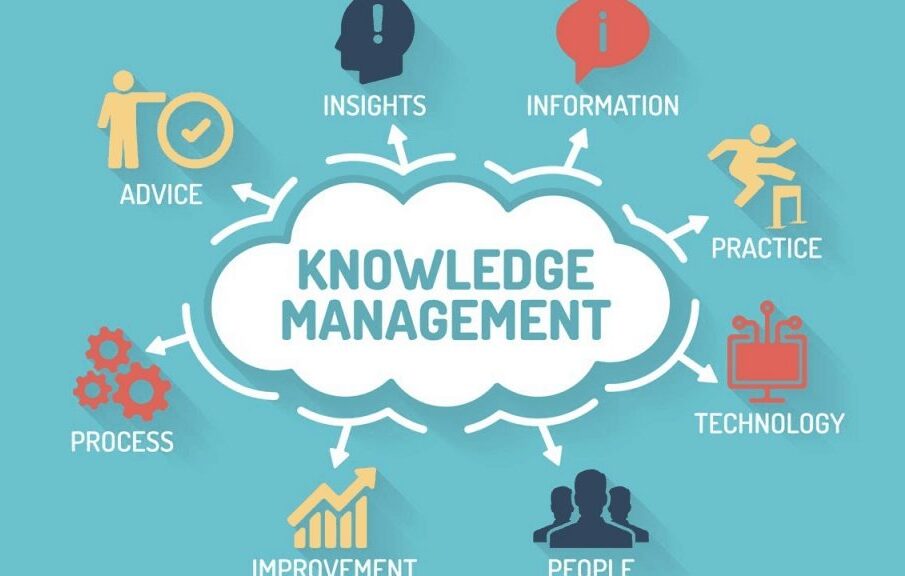The Future of Knowledge Management_ What Companies Need to Know

Knowledge Management
Every day, companies are increasingly relying on knowledge management for competitive advantage. Knowledge management helps businesses to access and effectively utilize data from all departments and functions of the organization. It provides organizations with a holistic view of their information, allowing them to quickly identify trends, gain insights, and make informed decisions.
In this article, we will discuss how technological advances are making knowledge management even more important for businesses.
How Today’s Technology is Advancing Knowledge Management
Today, the internet and numerous applications have enabled businesses to increase their knowledge base by connecting multiple sources of information. With cloud computing, companies can easily access, organize and share data from anywhere in the world. Furthermore, big data analytics helps to make sense of large amounts of disparate information by uncovering hidden patterns and trends. This gives businesses a better understanding of customers and markets.
At the same time, artificial intelligence (AI) is changing the way knowledge is managed. AI-powered tools are helping organizations to analyze large data sets quickly and accurately. By leveraging predictive analytics, companies can anticipate customer needs more effectively and make decisions faster than ever before.
What Companies Need to Know
To make the most of knowledge management in today’s digital world, companies need to stay ahead of the curve. Here are a few tips on how organizations can get the most out of their knowledge management strategies:
- Develop a comprehensive data strategy that enables access and insights across multiple sources.
- Utilize AI-powered tools to streamline the process of analyzing large data sets and uncovering hidden patterns.
- Integrate knowledge into day-to-day operations for better decision-making.
- Invest in cloud computing to enable easy access and sharing of data from any location.
Challenges Faced when Implementing a Knowledge Management System
Knowledge management can be a complex process and may involve some challenges. Here are a few of the common issues companies face when implementing knowledge systems:
- Lack of resources – Companies need skilled personnel to successfully manage large amounts of data and interpret it accurately.
- Data security risks – With an increasing number of cyber threats, organizations need to ensure that their data is properly secured.
- Unclear objectives – Without a clear strategy, companies may struggle to identify the best ways to use their knowledge management system.
How to Create an Effective Knowledge Management System
If your organization is looking to implement a knowledge management system, there are some key steps you need to take to ensure success:
- Define objectives – Before implementing a system, organizations need to establish their goals. This will help them determine which data sets they need and how best to utilize them.
- Invest in training – Companies should invest in training employees who will be using knowledge management software. This helps to ensure that they can utilize it effectively and understand how to interpret the data.
- Integrate systems – Companies need to integrate their knowledge management system into existing processes to maximize their efficiency.
These tips can help companies take full advantage of their knowledge management system and gain a competitive edge.
Conclusion
Knowledge management is becoming increasingly important for businesses as technology advances. Companies need to be aware of the challenges and opportunities that come with implementing a knowledge management system to stay ahead of the curve. By utilizing AI-powered tools, investing in cloud computing, and integrating knowledge management into day-to-day operations, businesses can ensure their success in a digital world.
Now that you have a better understanding of knowledge management and how it can benefit your organization, start exploring the options available to you. With the right strategy in place, you can gain a competitive edge and maximize your efficiency. Read more










